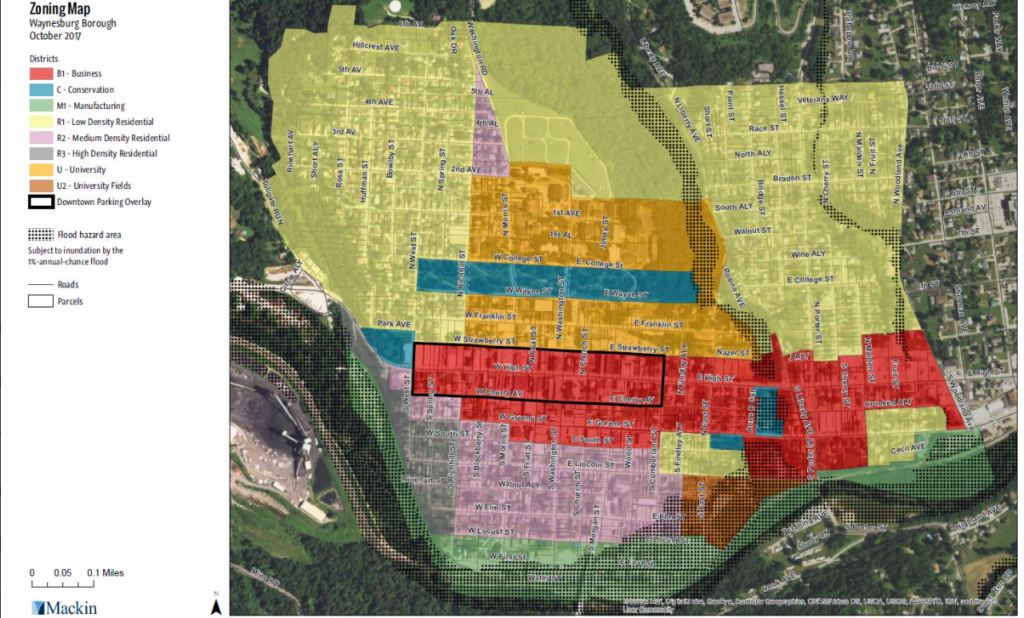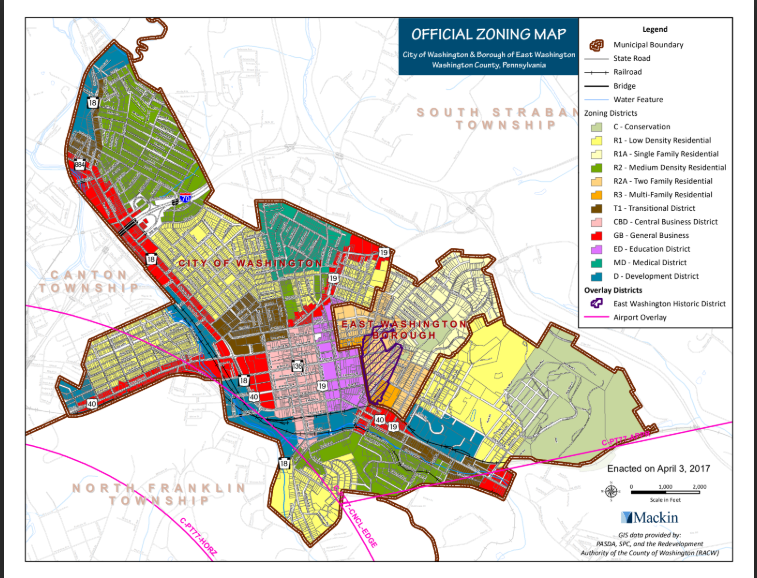Pennsylvania Senate Bill 102 Moves Forward
On May 12, 2025, Pennsylvania Senate Bill 102 was referred to the Pennsylvania Senate Appropriations Committee. The draft legislation had originally been referred to the Pennsylvania Senate Environmental Resources & Energy Committee, from which it emerged after a vote of 7 in favor and 4 opposed on May 7, 2025.
Senate Bill 102 aims to withhold unconventional gas drilling fee distributions from any municipality with an ordinance “. . . that unreasonably limits or prohibits future development of unconventional natural gas wells within the municipality as determined by the [Public Utility Commission].” We have written about Senate Bill 102 before, as well as its iteration from the prior legislative session, Senate Bill 1346. The general theory behind Senate Bill 102 is not necessarily objectionable. If a municipality unreasonably limits unconventional gas drilling, or if a municipality prohibits unconventional gas drilling, that municipality will not be entitled to distributions from fees that the state collects from unconventional gas drilling.
A substantial problem with Senate Bill 102 was, and currently is, the lack of clarity about what it means for a municipality to unreasonably limit unconventional gas drilling. There are no real standards in Senate Bill 102 to ascertain when a municipality is unreasonably limiting unconventional gas drilling. Contentions that a municipality is acting unreasonably in this realm would result in the immediate suspension of needed funds for local governments until the challenge is ultimately resolved.
Senate Bill 102’s lack of clarity about when a municipality is “unreasonably” limiting unconventional gas drilling is best demonstrated by example. Take, for instance, Waynesburg, Pennsylvania. Waynesburg is the county seat of Greene County. In 2023, Greene County was the second largest recipient of oil and gas impact fees in Pennsylvania, with 2,036 wells. In 2023, Waynesburg borough received just over $185,000 in unconventional well disbursements. But, the Waynesburg Zoning Ordinance does not appear to authorize unconventional gas well development within the municipality. That may be due to the fact that the Borough is geographically small, and densely populated, as evidenced by its Zoning Map:

The same story exists a few exits north on Interstate 79. The City of Washington is the county seat of Washington County. In 2023, Washington County edged out Greene County for the top spot in the number of unconventional wells in a county Pennsylvania and the highest amount of unconventional well fee disbursements. For 2023, the City of Washington, Pennsylvania received approximately $184,000 in disbursements from unconventional gas well fees paid by drillers. Like Waynesburg, the zoning ordinance governing development in the City of Washington does not appear to authorize unconventional gas drilling. Again, that can be explained by its Zoning Map, which depicts a densely populated municipality dominated by already existing residential and commercial uses:

The question with Senate Bill 102 is whether Waynesburg or Washington unreasonably limit unconventional gas well development. These communities are geographically small and densely populated, with relatively small lots and long-established residential and commercial developments. In Waynesburg or Washington, there just isn’t very much space to locate an unconventional gas well site. But, under Senate Bill 102, does that matter to keep unconventional gas well fees from being suspended?
The answer to that question appears to be “no”. But, at the same time, even municipalities that liberally allow unconventional gas well drilling could have their unconventional gas well fee distributions halted. Senate Bill 102 directs the Pennsylvania Public Utility Commission to place impact fee distributions into a “restricted account” once the Public Utility Commission receives notice “. . . that a party has initiated litigation challenging the validity of a zoning or other ordinance. . . ” that allegedly places unreasonably limits or prohibitions on unconventional gas wells. Until that challenge is resolved, Senate Bill 102 would prohibit the Public Utility Commission from distributing any unconventional gas well fees.
So, it seems relatively easy for unconventional gas well fee distributions to be halted under Senate Bill 102. That proposed legislation dictates that unconventional gas well distributions are halted before an adjudication about whether a municipality unreasonably limits unconventional gas well development. Since just the existence of a challenge is sufficient to halt distributions of unconventional gas well fees, municipalities find themselves in difficult situations. Municipalities may rely on unconventional gas well fee distributions to fund critical local government functions, but those funds could be halted at any time. So, municipalities (and their taxpayers) are left to wonder how much they must permit unconventional gas well development to dissuade a potential challenge. For many communities, including those like Waynesburg and Washington, that is a very difficult question.
While Senate Bill 102 is clearly intended to prevent municipalities from benefiting from unconventional gas well fee payments while they do not reasonably allow the development of the resource that generates those payments, the implementation of that concept is very difficult. Whether it is the lack of clarity about “what” it means to unreasonably limit unconventional gas well development, or the requirement that unconventional gas well fee distributions are suspended immediately upon the existence of a challenge, there are many potential issues with Senate Bill 102 that could negatively impact local governments and, ultimately, their taxpayers who may see higher tax bills or cuts to municipal services. Negatively impacting taxpayers of municipalities where there really isn’t any room for unconventional gas drill sites, or communities that do authorizes oil and gas development seems like an unintended consequence of this draft legislation.